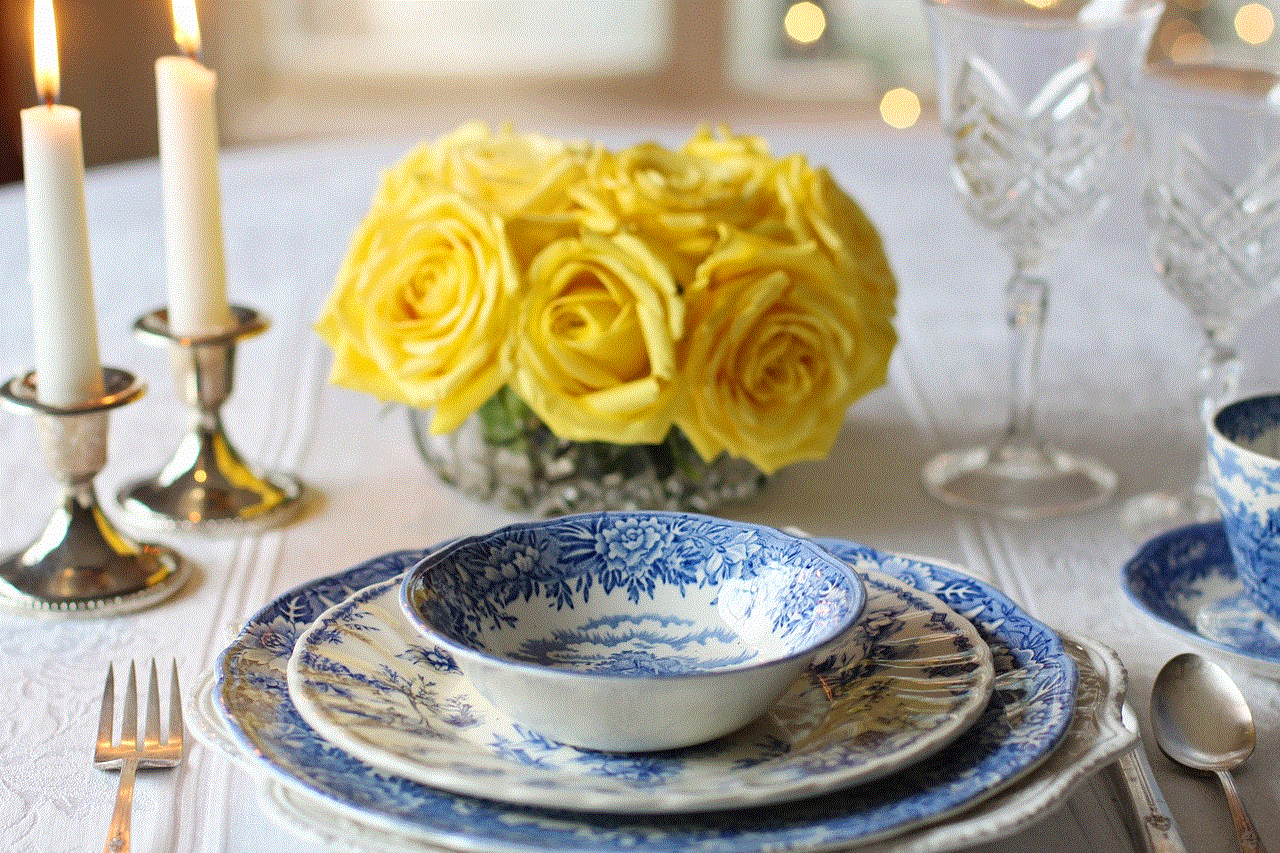hottest 13 year olds
In today’s world of social media and constant connectivity, it’s no surprise that young teenagers are constantly under pressure to look and act a certain way. The media bombards them with images of perfect bodies, flawless skin, and glamorous lifestyles. This pressure is especially intense for 13-year-olds, who are just entering adolescence and are still trying to figure out their place in the world. As a result, the term “hottest 13 year olds” has become a popular search term, with both parents and teenagers alike wondering what it means and how to cope with it. In this article, we will explore the concept of “hottest 13 year olds” and its impact on today’s youth.
First, let’s define what the term “hottest” means in this context. When we talk about the “hottest 13 year olds,” we are referring to young teenagers who are considered attractive or desirable by society’s standards. This could include physical appearance, fashion sense, or popularity among peers. However, it’s important to note that this term is highly subjective and can vary greatly from person to person.
One of the main reasons why the idea of “hottest 13 year olds” has become so prevalent is the rise of social media. Platforms like Instagram , tiktok -parental-control-effectively-in-2023″>TikTok , and Snapchat have made it easier than ever for young teenagers to showcase their lives and compare themselves to others. With the constant stream of images and videos, it’s easy for teenagers to feel like they are not measuring up to the standards set by their peers and celebrities. This can lead to feelings of inadequacy and a desire to conform to society’s idea of what is considered “hot.”
Another factor contributing to the obsession with “hottest 13 year olds” is the way teenagers are portrayed in the media. TV shows, movies, and magazines often depict young teenagers as glamorous, confident, and mature beyond their years. This creates unrealistic expectations for young teenagers, who may feel like they need to act and look a certain way to be considered attractive or popular. The pressure to conform to these ideals can be overwhelming for many 13-year-olds, who are still figuring out their own identities.
But what are the consequences of this obsession with being “hot” at such a young age? Firstly, it can lead to body image issues and low self-esteem. Constantly comparing oneself to others and feeling like they don’t measure up can take a toll on a teenager’s mental health. This can lead to unhealthy behaviors such as extreme dieting or excessive exercise, which can have long-term effects on their physical and emotional well-being.
Moreover, the idea of “hottest 13 year olds” can also perpetuate a culture of objectification. When teenagers are constantly being judged and valued based on their appearance, it can lead to a shallow and superficial mindset. This can lead to unhealthy relationships and a lack of respect for oneself and others.
It’s also important to recognize that the pressure to be “hot” is not just limited to girls. Boys also face societal expectations of being fit, muscular, and attractive at a young age. This can lead to body dysmorphia and unhealthy behaviors such as steroid use or extreme workouts.
So, what can parents and society do to combat the harmful effects of the “hottest 13 year olds” phenomenon? Firstly, it’s crucial for parents to have open and honest conversations with their teenagers about body image and self-worth. Encouraging a healthy and positive body image can go a long way in helping teenagers develop a strong sense of self and resist the pressure to conform to societal norms.
Additionally, it’s important for society and the media to portray a more diverse and realistic representation of teenagers. Teenagers come in all shapes, sizes, and personalities, and it’s important for them to see themselves reflected in the media. This can help break down the narrow definition of what is considered “hot” and promote acceptance and self-love.
Furthermore, schools can play a crucial role in promoting body positivity and self-acceptance among students. Implementing programs that focus on building self-esteem and positive body image can help teenagers develop a healthy relationship with their bodies and resist the pressure to conform to society’s standards.
In conclusion, the concept of “hottest 13 year olds” is a harmful and unrealistic standard that puts immense pressure on young teenagers. It’s important for parents, society, and the media to recognize the damaging effects of this obsession and take steps to promote a healthier and more positive view of body image and self-worth. Let’s encourage young teenagers to embrace their unique qualities and talents rather than conforming to society’s narrow definition of “hot.”
what does ll mean in text
The use of abbreviations and acronyms has become a common trend in modern communication, especially in text messaging. It’s a way of expressing oneself concisely and efficiently, without the need for lengthy explanations. Among these abbreviations, “ll” stands out as one of the most widely used, yet misunderstood terms. In this article, we will delve into the meaning of “ll” in text, its origins, and its usage in different contexts.
To understand the meaning of “ll” in text, we first need to look at its origins. “Ll” is an abbreviation for the word “all.” It is believed to have originated in the early 2000s when text messaging gained popularity. People started using “ll” as a shorthand way of saying “all.” As the use of text messaging grew, so did the use of “ll.” It became a common term used in everyday conversations, not only among teenagers but also among adults.
The use of “ll” in text has evolved over the years, and it now has multiple meanings depending on the context in which it is used. The most common meaning of “ll” is “laughing loudly.” It is often used to express amusement or when someone finds something funny. For example, if a friend tells you a joke and you find it hilarious, you might reply with “ll” to indicate that you are laughing loudly.
Another meaning of “ll” in text is “love you lots.” This usage is mostly seen in romantic relationships where partners use “ll” to express their love for each other. It is also used among friends and family members as a way of showing affection. For instance, a mother might end a text to her child with “ll” to let them know that she loves them.
Furthermore, “ll” can also stand for “later” in text messaging. This usage is common when making plans with someone, and you want to let them know that you will talk to them at a later time. For example, if you are making plans to meet a friend for lunch, but you are currently busy, you might respond with “ll” to indicate that you will talk to them later.



In addition to these common meanings, “ll” can also be used as a response to express agreement or approval. It is used to show that you are on the same page with someone or that you support their idea. For instance, if a friend suggests going to a new restaurant for dinner, you might reply with “ll” to show that you agree with the suggestion.
Moreover, “ll” can also be used to indicate confusion or uncertainty. In this context, it is often used as a question. For example, if someone sends you a text that you don’t understand, you might reply with “ll?” to ask for clarification. It can also be used when someone says something that you find surprising or unexpected, and you want to know more.
Apart from its various meanings, “ll” has also become a popular way of ending a conversation in text messaging. It is often used as a way of saying goodbye or ending a conversation on a positive note. For example, if you have been chatting with a friend for a while, and you need to go, you might end the conversation with “ll” to let them know that you are leaving.
In some cases, “ll” can also be used as a way of expressing annoyance or frustration. It is often used in response to something that someone has said or done that you don’t agree with. For instance, if someone makes a statement that you find offensive, you might reply with “ll” to show that you are annoyed.
Furthermore, “ll” can also be used as a question to ask for someone’s opinion or thoughts on a particular topic. It is often used when seeking advice or when you want to know what someone else thinks about a situation. For example, if you are trying to decide on a new hairstyle and you want your friend’s opinion, you might ask, “What do you think about this hairstyle, ll?”
In some cases, “ll” can also stand for “let’s talk later.” This usage is common when someone is busy and doesn’t have time to chat at the moment. It is a polite way of letting someone know that you are occupied at the moment, but you are open to talking later. For instance, if a friend sends you a text, but you are in a meeting, you might reply with “ll” to let them know that you will talk to them later.
Additionally, “ll” can also be used as a way of expressing admiration or appreciation. It is often used to compliment someone or show appreciation for something they have done. For example, if your friend shares a photo of their new haircut, and you think it looks great, you might reply with “ll” to show that you like it.
In conclusion, the meaning of “ll” in text has evolved over time and has multiple interpretations depending on the context in which it is used. From expressing amusement to showing annoyance, “ll” has become a versatile term in modern communication. Its popularity is a testament to the ever-changing nature of language and how it adapts to new forms of communication. So the next time you come across “ll” in a text message, remember that it could have a different meaning based on the context and use it accordingly.
i don’t care definition
“I don’t care” is a phrase that is often used to express indifference or lack of concern towards a particular situation or topic. It can be a simple response to a question or a statement that carries a deeper meaning. While some may view it as a dismissive or apathetic attitude, there are also those who see it as a form of self-preservation and a means of setting boundaries. In this article, we will delve into the various interpretations and implications of the phrase “I don’t care” and how it can affect individuals and relationships.



To begin with, the phrase “I don’t care” can be seen as a defense mechanism. In today’s fast-paced and demanding world, people are constantly bombarded with information, tasks, and responsibilities. As a result, there is a tendency to feel overwhelmed and emotionally drained. In such situations, saying “I don’t care” can be a way of protecting oneself from the burden of caring too much. It can be a way of prioritizing and letting go of things that are not worth the mental and emotional energy.
On the other hand, the phrase can also be an expression of genuine disinterest or lack of emotional investment. In relationships, there are times when one party may feel that their partner is not putting in enough effort or attention. In such cases, saying “I don’t care” can be a way of expressing their feelings of neglect or disappointment. It can also be a way of communicating that they are not willing to put in more effort if the other person is not reciprocating. This can be a red flag in a relationship as it shows a lack of communication and emotional connection.
Moreover, “I don’t care” can also be a form of rebellion. Children and teenagers, in particular, are known for using this phrase as a way of asserting their independence and pushing back against authority. It can be a way of expressing their autonomy and asserting their right to make their own choices and decisions. While it can be seen as a normal part of growing up, it is important for parents and guardians to address this behavior and encourage open and respectful communication.
In certain situations, saying “I don’t care” can also be a coping mechanism. When faced with a difficult or traumatic experience, some individuals may shut down and detach emotionally as a way of protecting themselves from further harm. This can be seen as a form of self-preservation and a way of dealing with overwhelming emotions. However, in the long term, this can lead to emotional numbness and a difficulty in forming meaningful connections with others. It is important for individuals to seek support and address their underlying issues in order to move past this coping mechanism.
Moving on, the phrase “I don’t care” can also be a way of avoiding responsibility. In some situations, it can be used as an excuse for not taking action or making a decision. This can be detrimental in professional settings, as it shows a lack of accountability and can lead to missed opportunities or poor performance. In personal relationships, it can also be a way of deflecting blame or avoiding difficult conversations. It is important for individuals to take ownership of their actions and communicate openly and honestly in order to maintain healthy relationships.
Furthermore, “I don’t care” can also be a form of gaslighting. Gaslighting is a manipulative tactic where one person makes the other doubt their own thoughts, feelings, and perceptions. Saying “I don’t care” in response to a valid concern or emotion can make the other person question their own feelings and whether they are being too sensitive or unreasonable. This can be a toxic behavior in relationships and can cause the other person to feel invalidated and unheard. It is important for individuals to be aware of this tactic and communicate their boundaries.
In contrast, the phrase “I don’t care” can also be a way of showing unconditional love and acceptance. In certain situations, people may say this phrase to their loved ones in order to reassure them that their feelings and actions do not affect their love and support. It can be a way of communicating that they accept the other person for who they are, flaws and all. This can be a powerful way of strengthening relationships and creating a safe and non-judgmental space for open communication.
Moreover, “I don’t care” can also be a way of setting boundaries. In today’s society, there is a constant pressure to please others and meet their expectations. This can lead to individuals feeling overwhelmed and sacrificing their own needs and desires. Saying “I don’t care” can be a way of asserting one’s boundaries and prioritizing their own well-being. It can also be a way of saying no to things that do not align with one’s values and goals. This can lead to a healthier and more fulfilling life.
In some cases, saying “I don’t care” can also be a form of disrespect. When used in a dismissive or condescending manner, it can be hurtful and damaging to relationships. This is especially true when the phrase is used repeatedly in response to important matters or concerns. It can make the other person feel unimportant and unheard, leading to resentment and distance in the relationship. It is crucial for individuals to be mindful of their tone and use of words in order to maintain mutual respect and understanding.



In conclusion, the phrase “I don’t care” can have various interpretations and implications depending on the context and intention behind it. While it can be a way of expressing indifference or setting boundaries, it can also be a form of defense mechanism, rebellion, or manipulation. It is important for individuals to be aware of their use of the phrase and communicate openly and respectfully in order to maintain healthy relationships and a positive outlook on life. As the saying goes, “choose your words wisely, for they can either create love or destroy it.”
0 Comments